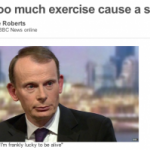

We’ve had some great feedback following our last post about HIIT, and one or two interesting queries about it too. HIIT has had some rather controversial coverage in recent months. A BBC documentary implied that just 3 minutes of HIIT exercise a day is enough to change your life and get you fit and healthy.And then there was the news that Andrew Marr attributed his recent stroke to a high intensity workout on a rowing machine (combined with over-work).“I did the terrible thing of believing what I read in the papers,” Marr joked, “Because the newspapers were saying that what we must all do is take very very intensive exercise in short bursts.”If it looks too good to be true…When I was about 11 years old I received a letter informing me that I had been randomly selected as the lucky recipient of either a new video player, a holiday, or a cash prize of £500. Of course, it was nothing more than a vacuous time-share scam, but the 11-year-old me was not to know this, and I was naturally excited. When my dad got home from work he set me straight, and there and then I learned one of life’s most valuable lessons, “if it looks too good to be true, it probably is”This lesson has stood me in good stead. I’m proud to describe myself as an open-minded cynic.So naturally, the notion that people could simply skip the long miles and get fit doing just a few minutes of HIIT was never going to sit right with meStart at the bottom and work your way up…“Advocates of high-intensity interval training say doing a few short bursts of exercise each week – four 30-second sprints on an exercise bike, for example – is a good way to keep fit.” (Quote from the BBC article.)There’s a key word in there, and it’s “keep”. It doesn’t say “get”.Common sense says that if you’re unfit, you start gently. You progressively work your body harder as it starts to respond to the new exercise regime. I can’t believe anyone would advocate getting stuck in the high intensity stuff from the start. It’s an accident waiting to happen.I’m not a medical expert. I’m not even a fitness expert, I’m just an enthusiastic amateur. But the notion that you can transform your life and “get” fit with just 3 minutes of HIIT exercise a day is one of those “too good to be true” notions. At least that’s my take on it.Train smart…As you’ll know from my last blog, I’m a huge advocate of HIIT. The philosophy behind it seems pretty logical to this cynic, plus it’s worked for me!
View article:
Our take on the High Intensity Interval Training (HIIT) controversy …






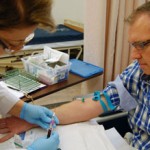


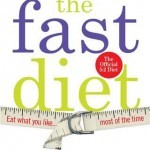

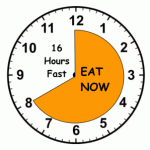



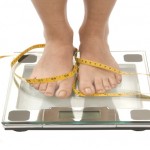

 For now classes are 6pm and 640pm at 2840 Wildwood st in the Boise Cloggers studio.
Book your class NOW!
click this ==>
For now classes are 6pm and 640pm at 2840 Wildwood st in the Boise Cloggers studio.
Book your class NOW!
click this ==>








